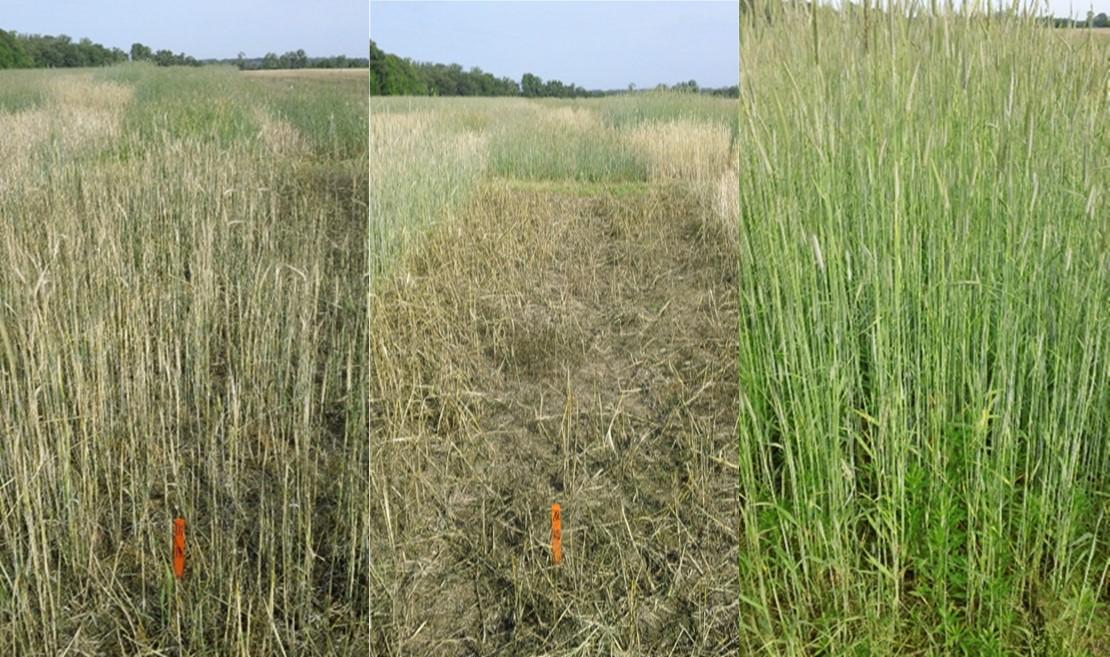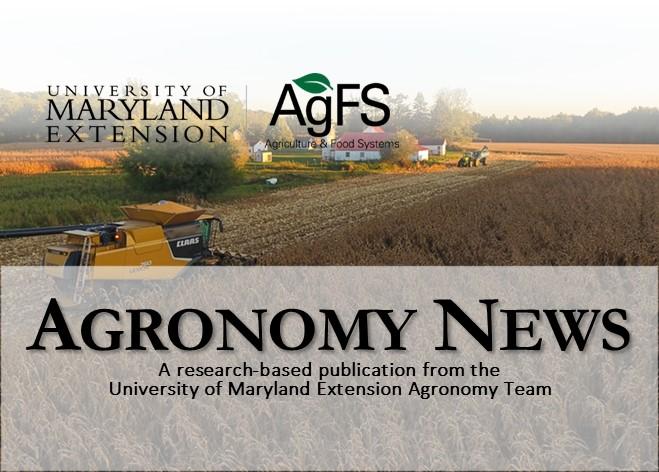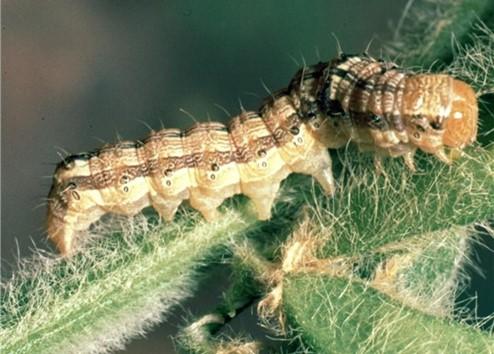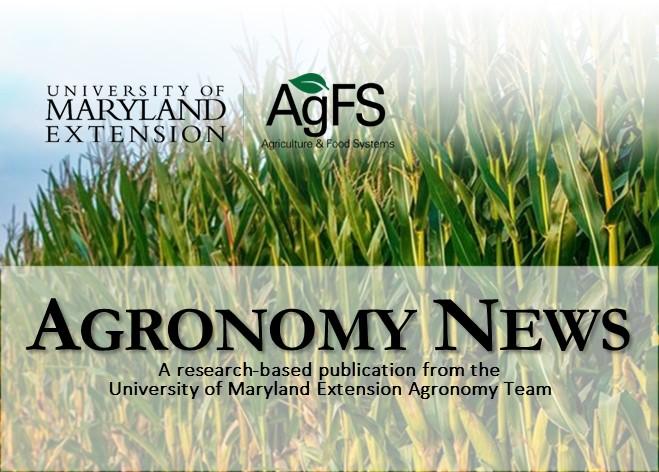Updated: August 18, 2022
What do the Numbers Really Mean? Interpreting Variety Trial Results (FS-1119)
These variety trial reports contain statistical information that is critical for proper interpretation of the data. However, without basic understanding of statistics, growers and end-users of the variety trial reports may misinterpret the data and draw invalid conclusions. This fact sheet addresses basic statistical concepts and how to apply them to properly interpret variety trial data. Authors: Andrew A. Kness and Nicole M. Fiorellino; Title: What do the Numbers Really Mean? Interpreting Variety Trial Results (FS-1119)
Updated: July 22, 2022
Farmer-saved Seed: What is Legal? What is Not? (FS-1064)
Most wheat and soybean seed sold in Maryland is protected by either U.S. Patent Law or the Plant Variety Protection Act (PVPA). These protections severely limit the age-old practice of “farmer-saved seed” or prohibit it entirely, depending upon the protection the owner of the variety secures. The following will discuss the implications of Patent Law and PVPA on farmer-saved seed of wheat and soybeans. Authors: Dale Morris, Robert Kratochvil, and Paul Goeringer; Title: Farmer-saved Seed: What is Legal? What is Not? (FS-1064)
Updated: July 20, 2022
Legal Liability of Saving Seeds in an Era of Expiring Patents (FS-1000)
2014 marked the expiration of Monsanto’s patent on the first generation Roundup Ready© technology. But, this expiration does not mean that farmers using seed from first generation Roundup Ready© technology will be able to save harvested seed for planting a subsequent crop. Many seed companies utilizing this technology may consider other federal law protections afforded them. One such protection would be the Plant Variety Protection Act (PVPA). Another protection would be the use of contracts. A company also may look at utilizing patent law to limit seed saving. You will need to consider each one of these to determine if saving the seed is allowed. Author: Paul Goeringer; Title: Legal Liability of Saving Seeds in an Era of Expiring Patents (FS-1000)
Updated: July 13, 2022
Trend-Adjusted Yield Option Introduced for Crop Insurance (FS-970)
Actual Production History (APH) is a 4- to 10-year yield average used to calculate each producer’s production guarantee. Producers with 10 years of yield history are penalized under APH because yields have increased over time, and APH yields can lag behind their most recent yields. Therefore producers with only 4 years of yield history can actually have higher average yields. Authors: Paul Goeringer and Lori Lynch; Title: Trend-Adjusted Yield Option Introduced for Crop Insurance (FS-970)



